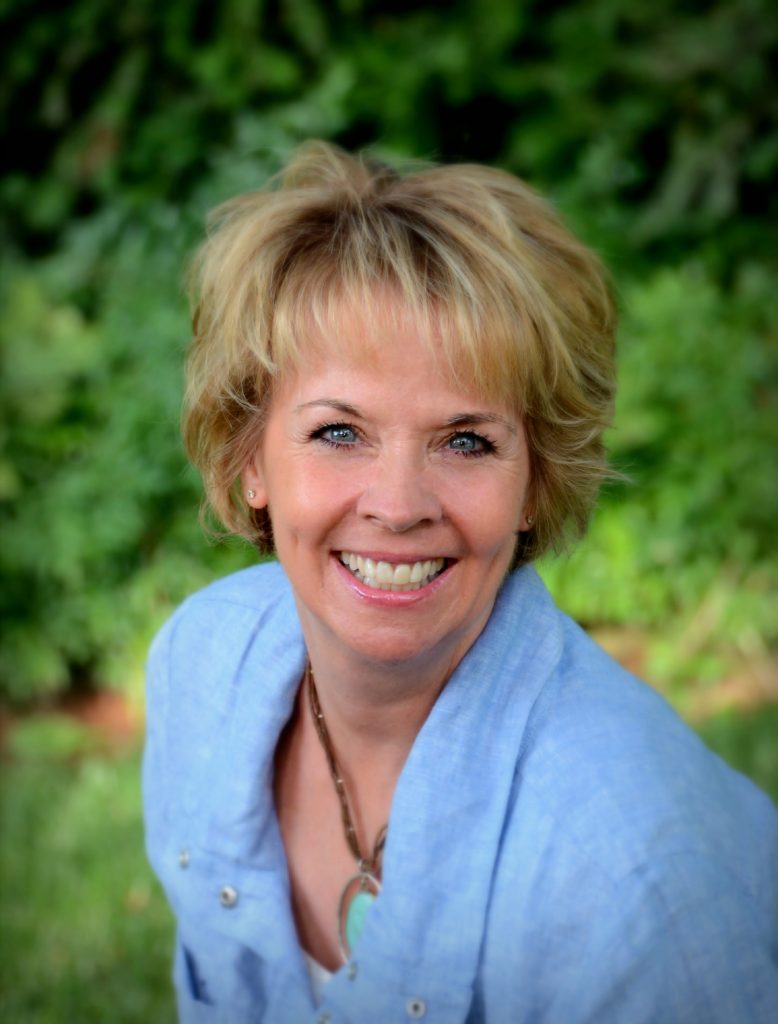
Post Pandemic Recovery will be a gradual process.
How are you doing? In March, the American Psychological Association Survey on Stress in America clearly identified that Covid-19 has negatively impacted our mental health. As many of us venture out into the post pandemic world, we are bringing with us symptoms of social anxiety, depression, grief, and a host of unhealthy coping strategies. Does this resonate with your experience? If so, stay hopeful. Now that we have identified some of the problems we can embrace solutions.
In this post we will focus on the emotional after-effects of the pandemic, next month we will look at those pesky coping strategies that aren’t serving us. With all of these aftershocks, I am recommending a slow and gentle path to recovery.
Social Anxiety
Anxiety is a natural reaction to an unfamiliar situation, and danger increases the intensity. Pandemic survival triggered our natural alarm system. Social anxiety symptoms include a sense of intense anxiety and an impulse to avoid interpersonal interactions and/or an urgency to return home from gatherings. You may feel awkward and fearful of embarrassing yourself around others. Even anticipating a social event may elicit anxiety or worry.
Why are we still anxious? Well, we spent over a year avoiding social interaction. We decreased our time out in public while we increased our connections with small pods of familiar “safe” people. People texted more than talked. We zoomed more and met “IRL” less. When we were out and about we wore masks that hid most of our expressions. It’s no wonder that we have lingering anxiety.
A slow and gentle path through anxiety
Begin by attending to your most basic needs: sleep, food, shelter, and connection. This means ensuring that you get adequate rest, eat regular meals, and pay your bills. Boring, but necessary foundation for post pandemic life. Make small trips outside of your comfort zone. Remember, this is not a competition. Focus on your own zone, without comparing yourself with others or your pre-pandemic self.
Think to yourself: What is the “next right step?” Some of my more recent personal next steps have been: mask on or off, shopping on or off peak hours, completing one errand or multiple. The intention to step outside of your comfort zone is necessary to move away from avoidance. Normalize the anticipatory anxiety, and self-awkwardness, by accepting that we are all awkward now.
Grief and Depression
The death rate from the pandemic in the US is staggering. Most of us know someone who died from Covid-19 or complications from the virus. Traditional mourning rituals like funerals and wakes were suspended due to social restrictions. We were grieving in isolation. We share a collective sorrow that is hard to express. Prolonged sadness can lead to despair and depression.
Depression is a down-shift in mood that persists. You may lose interest in things that you used to enjoy. Maybe you are irritable instead of tearful. Low energy and overall “blah” is the norm, more days than not. It is not unusual to experience difficulty with concentration or decision making. Now that people are returning to work and travel you might feel out of sync because you “just don’t feel like yourself.”
A Slow and Gentle Path through Grief and Depression
Acknowledge your sadness. Emotionally cutting off grief drains a lot of energy. Resist the impulse to minimize your feelings because someone else “had it worse.” Each person’s sadness and grief is unique. I recently had the opportunity to share pandemic experiences with group of friends. Although it sounds cliché, I felt “lighter.” Find an outlet to express yourself. Consider journaling, talking with a friend, or starting creative projects. I intend to create a time capsule with various mementos from my experience to revisit in the future. It will take reflection to cultivate what will go into the capsule.
The “Next Right Step”
Re-entry will be a gradual process. We survived a very real danger to our health and communities. I started writing this post over a month ago. In that time I have experienced the anxiety of a crowded airport, the confusion of inconsistent public health policies, and low energy. I know I am not alone. Everyone is experiencing symptoms. I am hopeful (my word for 2021) that the silver lining from this shared historical experience might be a reduced stigma of mental health symptoms and treatment. Be kind to yourself and others. Let’s take the slow and gentle path to recovery with more compassion and commitment to wellness, one next right step at a time.
Health & Happiness,
Dr. Lisa Marotta

